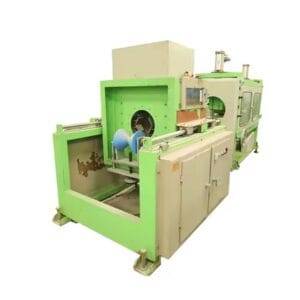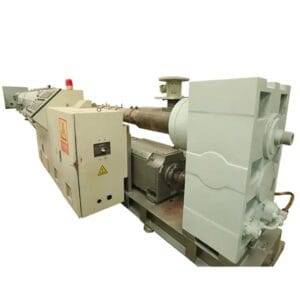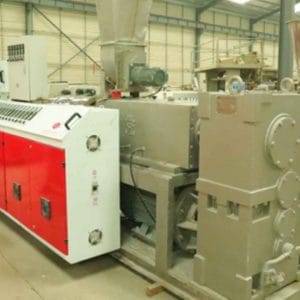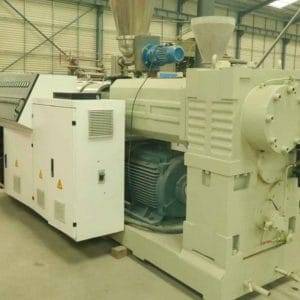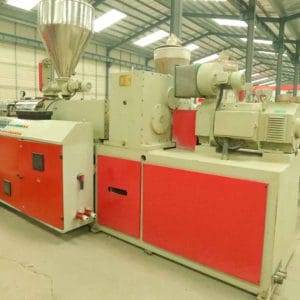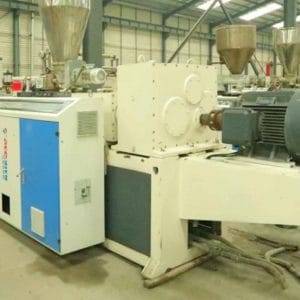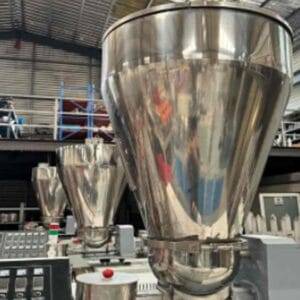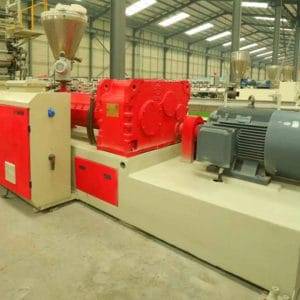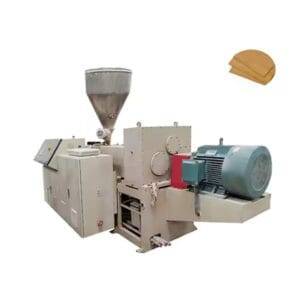Welcome to My Blog!
Before we dive into the content, I’d love for you to join me on my social media platforms where I share more insights, engage with the community, and post updates. Here’s how you can connect with me:
Facebook:https://www.facebook.com/profile.php?id=61567891941530
Now, let’s get started on our journey together. I hope you find the content here insightful, engaging, and valuable.
Caisu Machinery sells a variety of used plastic pipe production equipment. The products are of high quality and low price. Welcome to contact us for consultation and purchase. We will be happy to serve you.
Table of Contents
Introduction
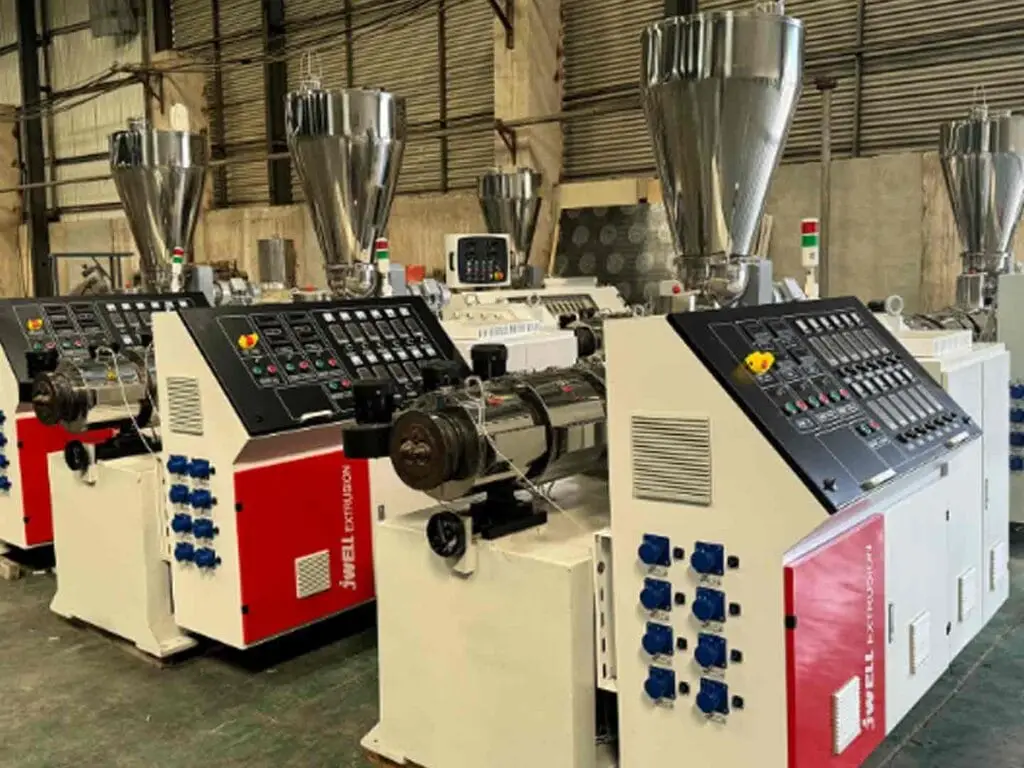
Polyvinyl chloride (PVC) pipes are essential components in plumbing systems due to their durability, affordability, and versatility. They are commonly used for a variety of plumbing applications, ranging from residential water supply systems to industrial and commercial installations. Understanding the different types of PVC pipe and their respective uses is crucial for ensuring the longevity and efficiency of plumbing projects.
In this article, we will explore the various types of PVC pipe, their features, benefits, and applications. We will also provide helpful tips for choosing the right type of PVC pipe for specific plumbing needs, as well as maintenance guidelines. By the end of this guide, you will have a deeper understanding of PVC pipes and how to select the most appropriate option for your plumbing project.
Why PVC Pipes are Popular in Plumbing
PVC pipes have long been a popular choice in plumbing for several reasons. They are lightweight, resistant to corrosion, and easy to install. Additionally, they are less expensive than metal piping options, making them a cost-effective choice for a wide range of plumbing needs. PVC pipes also offer excellent resistance to chemicals, making them suitable for both potable water and drainage systems.
Benefits of PVC Pipes
- Lightweight and easy to handle during installation
- Resistant to corrosion and chemicals
- Cost-effective compared to metal pipes
- Long-lasting and durable
- Low maintenance requirements
- Available in a variety of sizes and configurations
Different Types of PVC Pipes for Plumbing

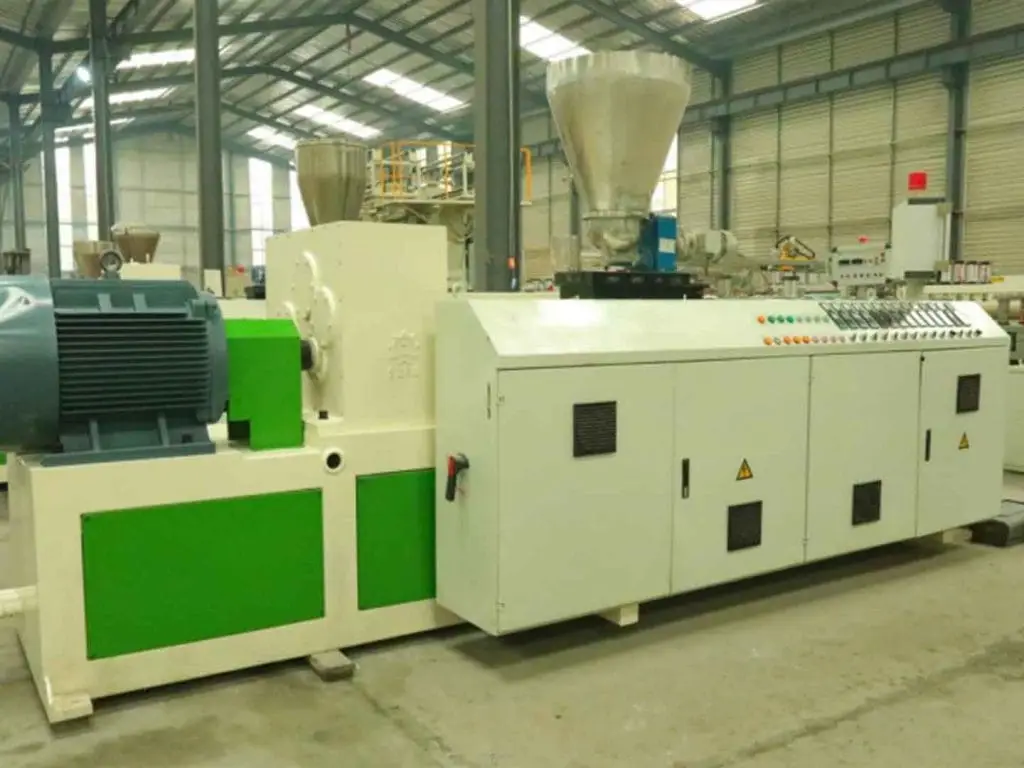
There are several different types of PVC pipes, each designed to meet specific plumbing needs. Understanding these types will help you choose the best one for your project.
Schedule 40 PVC Pipe
Schedule 40 PVC pipe is the most common type used in residential and commercial plumbing systems. It is designed to handle medium pressure applications and is commonly used for water supply and drainage systems. The wall thickness of Schedule 40 PVC pipes is moderate, which makes them suitable for general plumbing tasks.
- Applications: Residential water supply, sewer systems, irrigation
- Pressure Rating: Medium
- Features: Standard wall thickness, commonly used for both cold and warm water systems
Schedule 80 PVC Pipe
Schedule 80 PVC pipe has thicker walls than Schedule 40, which makes it suitable for applications that require higher pressure ratings. It is used in both industrial and commercial settings, including systems that need to withstand higher water pressure or chemical exposure.
- Applications: Industrial water systems, chemical processing, high-pressure applications
- Pressure Rating: High
- Features: Thicker walls, stronger material, designed for more demanding applications
CPVC Pipe (Chlorinated Polyvinyl Chloride)
Chlorinated Polyvinyl Chloride (CPVC) is a variant of PVC pipe that is treated to handle higher temperatures. CPVC pipes are commonly used for hot water distribution systems in both residential and commercial buildings. They have higher temperature resistance than standard PVC pipes.
- Applications: Hot water plumbing, industrial applications, potable water systems
- Pressure Rating: Medium to high
- Features: Can handle temperatures up to 200°F (93°C), more flexible than standard PVC
PVC-O (Oriented PVC) Pipe
PVC-O pipes are made by orienting the PVC material during manufacturing, which increases the strength and flexibility of the pipe. This type of pipe is commonly used in pressure systems where extra strength is required, such as in underground plumbing and municipal water supply systems.
- Applications: Municipal water supply, irrigation systems, high-pressure applications
- Pressure Rating: Very high
- Features: Enhanced strength, high flexibility, long-lasting
Sewer and Drain PVC Pipe
Sewer and drain PVC pipes are designed specifically for waste and drainage systems. These pipes are often larger in diameter and are commonly used for plumbing systems that carry waste or stormwater. They are designed to handle the flow of wastewater while maintaining structural integrity over long distances.
- Applications: Waste and stormwater drainage, sewer systems, underground plumbing
- Pressure Rating: Low to medium
- Features: Larger diameter, resistant to corrosion, can handle large volumes of water
Comparing Different Types of PVC Pipes
| Type of PVC Pipe | Applications | Pressure Rating | Temperature Range | Features |
|---|---|---|---|---|
| Schedule 40 PVC Pipe | Residential water supply, sewer | Medium | Cold water systems | Standard wall thickness, affordable |
| Schedule 80 PVC Pipe | High-pressure systems | High | Cold and warm water systems | Thicker walls, durable, industrial use |
| CPVC Pipe | Hot water plumbing, industrial | Medium to high | Up to 200°F (93°C) | Temperature-resistant, flexible |
| PVC-O Pipe | Municipal water supply, irrigation | Very high | Cold water systems | Enhanced strength, flexible |
| Sewer and Drain PVC Pipe | Waste and stormwater drainage | Low to medium | Cold water systems | Larger diameter, resistant to corrosion |
Key Considerations When Choosing the Right PVC Pipe
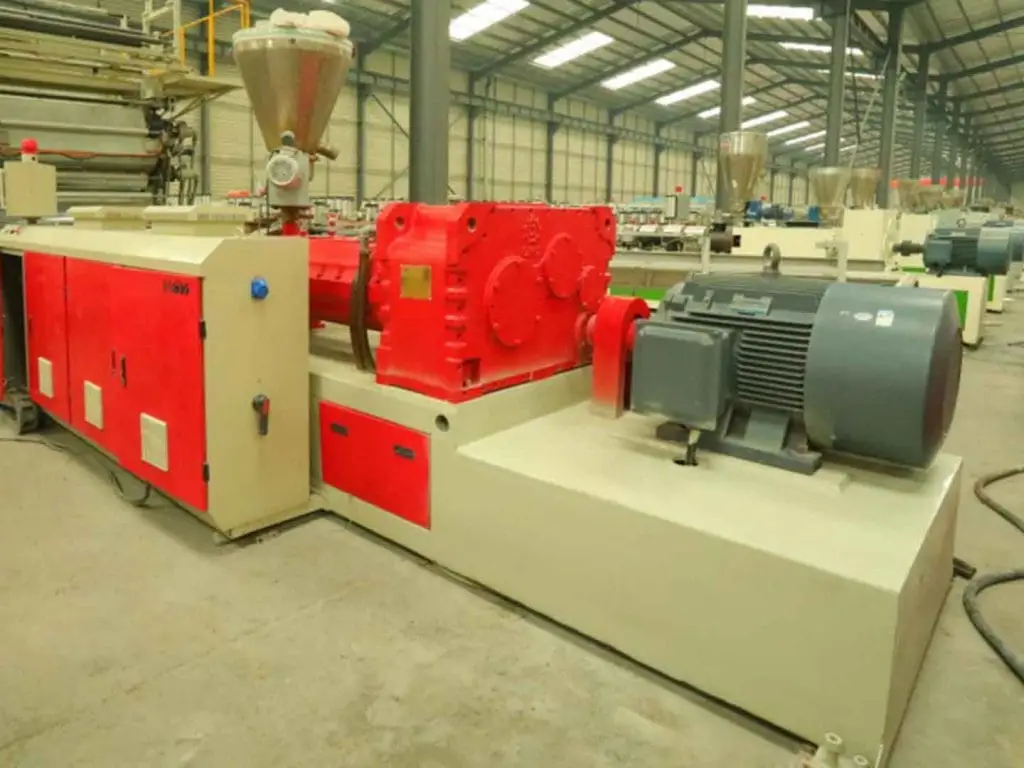
When selecting the appropriate type of PVC pipe for your plumbing project, several factors must be considered. Here are some key considerations:
Pressure Rating
Each type of PVC pipe is rated to handle a specific amount of pressure. Ensure that the type of PVC pipe you choose can handle the water pressure requirements of your plumbing system. Schedule 40 is suitable for general household applications, while Schedule 80 and CPVC are better for high-pressure systems.
Temperature Resistance
If you’re working on hot water systems, CPVC or specially designed PVC pipes for higher temperature resistance will be necessary. Regular PVC can only withstand cold to moderately warm water, while CPVC can handle higher temperatures.
Application
Consider the specific requirements of your plumbing system. For example, if you are laying underground plumbing or installing sewer lines, sewer and drain PVC pipes are a better choice. For high-pressure applications, Schedule 80 or CPVC will be more suitable.
Pipe Size
PVC pipes are available in a wide range of sizes, from small pipes for residential systems to large-diameter pipes used in commercial or industrial applications. Ensure that the pipe size fits your project requirements.
Durability and Maintenance
Durability is a key factor when choosing the right PVC pipe. Schedule 80 pipes are more durable and suitable for applications where pipes are exposed to more wear and tear. Additionally, PVC-O pipes are designed to last longer and are more flexible, which makes them a great choice for municipal water supply systems.
Conclusion
PVC pipes are essential in modern plumbing systems due to their versatility, affordability, and long lifespan. By understanding the different types of PVC pipes, such as Schedule 40, Schedule 80, CPVC, PVC-O, and sewer and drain PVC pipes, you can choose the right pipe for your specific plumbing needs. Always consider factors such as pressure rating, temperature resistance, and the nature of the application when making your decision.
Investing in the right type of PVC pipe will ensure that your plumbing system remains durable and efficient for years to come, while minimizing maintenance and repair costs.
FAQ
Can PVC pipes be used for hot water plumbing?
Yes, CPVC pipes are specifically designed to handle hot water systems, as they can resist higher temperatures than standard PVC.
What type of PVC pipe is best for residential plumbing?
Schedule 40 PVC pipes are commonly used in residential plumbing for water supply, drain, and sewer systems.
Can PVC pipes be used for underground plumbing?
Yes, many types of PVC pipes, including sewer and drain pipes and PVC-O pipes, are commonly used for underground plumbing due to their resistance to corrosion.
How do I choose the right size of PVC pipe?
Select the pipe size based on the flow requirements and the intended use of the system. Larger pipes are necessary for higher volumes of water, while smaller pipes are ideal for residential systems.
How do I maintain PVC pipes?
PVC pipes generally require minimal maintenance, but it is important to regularly inspect them for leaks or damage, especially in high-pressure systems.


